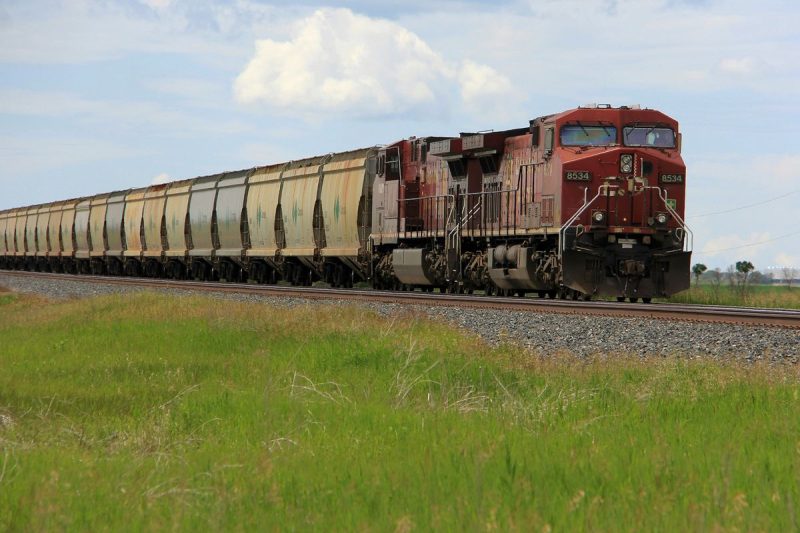In a significant turn of events for the Canadian economy, potash, oil, and metal shipments have been halted due to a lockout of Canadian rail workers. This disruption in the transportation sector has far-reaching implications, not just for the industries directly impacted but for the broader economy as well.
The halt in potash shipments, in particular, is a cause for concern. Potash is a critical component in fertilizer production, and any disruption in its supply chain can have ripple effects on farmers and agriculture industries around the world. In Canada, potash is a major export, and any delay in its transportation has the potential to impact the country’s GDP and trade balance.
The oil industry is another key sector affected by the rail workers’ lockout. Canada is a major producer of oil, and any disruption in its transportation can lead to supply shortages and price fluctuations in the global market. This can have serious consequences for consumers, businesses, and governments reliant on stable oil prices for their economic stability.
The halt in metal shipments is also a cause for concern. Metals such as copper, nickel, and aluminum are vital for various industries, including construction, electronics, and manufacturing. Any delay in their transportation can disrupt production schedules, lead to inventory shortages, and impact the cost of goods for consumers.
The lockout of Canadian rail workers highlights the vulnerabilities in the country’s transportation infrastructure. It underscores the need for contingency plans, better labor-management relations, and investments in alternative transportation modes such as pipelines, ports, and highways to ensure the smooth flow of goods and services.
Businesses directly affected by the halt in shipments will need to reassess their production schedules, inventory levels, and supply chain strategies. Government authorities will need to intervene to mediate the labor dispute and find a swift resolution to minimize the economic fallout from the disruption.
In conclusion, the lockout of Canadian rail workers and the subsequent halt in potash, oil, and metal shipments have significant implications for the Canadian economy and the global market. It serves as a reminder of the interconnectedness of industries and the importance of a resilient transportation infrastructure to sustain economic growth and stability. Efforts must be made to resolve the labor conflict promptly and implement measures to prevent such disruptions in the future.
